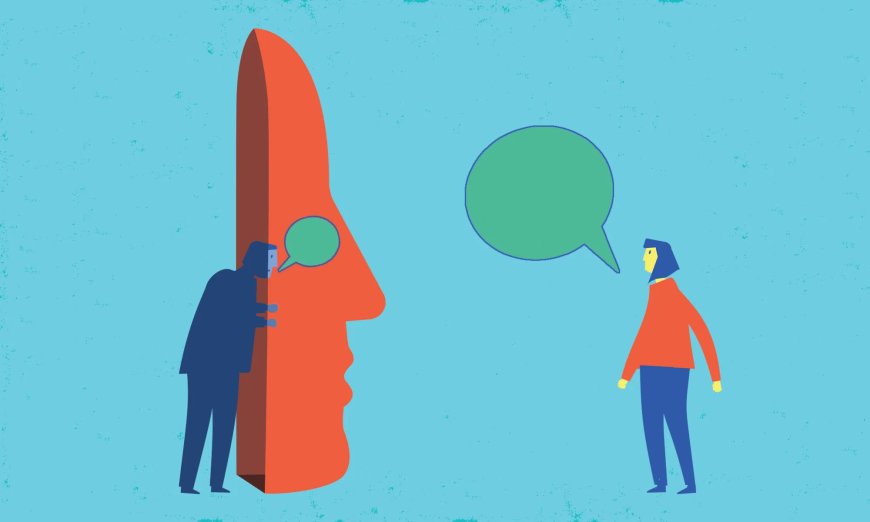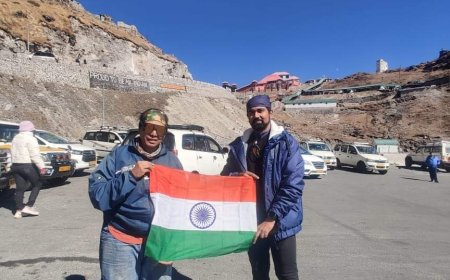The Power of Vulnerability: How to Be Honest in Your Relationships
Being vulnerable is not easy, especially in relationships. It requires honesty, trust, and the willingness to be open and authentic with your partner. In this blog post, we will explore the benefits of vulnerability in relationships and provide tips and strategies for how, to be honest with your partner.

Being vulnerable in relationships can be scary, but it is also an essential part of building trust, intimacy, and connection. Let's find out the power of vulnerability and tips and advice on how, to be honest and open in your relationships.
What is Vulnerability?
Vulnerability is the act of opening up and sharing your feelings, thoughts, and experiences with others. It involves being honest, authentic, and transparent in your interactions with others. Vulnerability can be difficult, but it is also a necessary part of building meaningful relationships.
Benefits of Vulnerability
There are many benefits to being vulnerable in your relationships. Vulnerability can help you build trust and intimacy with others, foster deeper connections, and create a safe space for open communication. When you are vulnerable, you are also able to connect with others on a deeper level and share experiences that you may have otherwise kept hidden.
The Fear of Vulnerability

One of the main reasons people avoid vulnerability is the fear of rejection or judgment. It can be scary to open up and share your feelings, especially if you have been hurt in the past. However, it is important to remember that vulnerability is a two-way street and that others will also need to be vulnerable with you to build trust and intimacy.
Tips for Being Vulnerable
There are several tips and strategies for being vulnerable in your relationships. These include:
-
Start small: You don't have to share your deepest fears and secrets all at once. Start by sharing something small and build up to more significant disclosures over time.
-
Choose the right person: It is important to choose someone you trust and feel safe with when being vulnerable.
-
Use "I" statements: Use "I" statements to express your feelings and avoid blaming or accusing others.
-
Practice active listening: When others are vulnerable with you, practice active listening and avoid judgment or defensiveness.
-
Embrace imperfection: Vulnerability involves being honest about your flaws and imperfections. Embrace your imperfections and know that they are a part of what makes you unique and lovable.
Building a Culture of Vulnerability
Creating a culture of vulnerability in your relationships and communities can have many positive effects. It can lead to greater empathy, trust, and understanding between people. Building a culture of vulnerability involves leading by example, encouraging others to be honest and open, and creating a safe and supportive space for vulnerability to thrive.
In conclusion, being vulnerable in your relationships can be challenging, but it is also a powerful way to build trust, intimacy, and connection with others. By following these tips and strategies, you can learn how to be honest and open in your interactions with others and create a culture of vulnerability in your relationships and communities. Remember that vulnerability is a two-way street, and that building trust and intimacy requires both openness and receptivity.
What's Your Reaction?

































































































